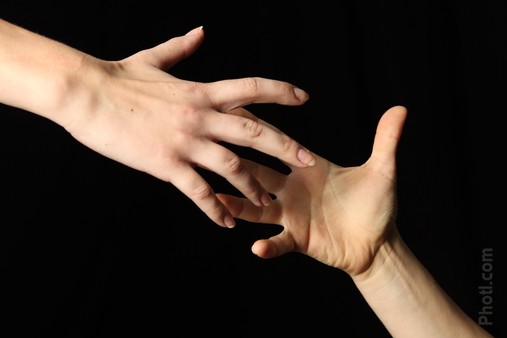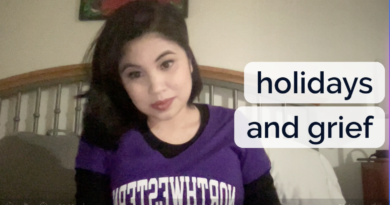3 Things a Depressed Friend Needs; Readers’ Responses
This is a continuation of my previous post: 10 Things Not to Say to a Depressed Person. 
Validation
This is Mental Health Month. One of the reasons people don’t open about having a mental illness is because we’ve often been dismissed (“everyone’s a little bipolar”) or treated like we’re weak (“snap out of it!”) or just plain crazy. Here were some phrases people said were validating:
- You’re doing an amazing job.
- You are so strong.
- I can’t imagine how difficult this disease is.
- I’m here for you.
- I would never judge you.
- If you ever need to talk, I’m here.
- What can I do to help?
And the most common phrase people cited is: I love you.
Gina, “I love you no matter how bad it gets/ you’ll never be alone/ I’m here if you need me. And its really simple to just say “I am so sorry you have to go through this”, and MEAN IT.”
Listening
As I previously blogged, sick people don’t need judgment—we need friends who genuinely listen to us.
Babby, “In a dark depression, there really isn’t much anyone can say…Saying things to a sad person is different than saying things to a depressed person.”
I’ve benefited greatly from someone just listening to me. I remember when I was an 18-year old freshman in college. A friend from back home committed suicide. At the time, I had undiagnosed bipolar disorder. (Ultimately, her death caused me to research the illness, see a doctor, get a second opinion, and receive a diagnosis a few weeks later.) The suicide was devastating. A friend, “K,” called me and asked me if I wanted to go shopping. I told K that a friend from back home killed herself a few days ago. She rushed to my dorm. She just sat there with me on the stairs for an hour. We stared at the wall together. What can you really say to someone who’s experienced a traumatic event or is going through depression? Before leaving, K quickly prayed for me. Her presence comforted me. Soon, I had the strength to help myself.
Support
Later that school year, another long-time friend of mine was struggling with depression. The day she confided in me, I walked her to the campus mental health center (where I received my diagnosis). She was diagnosed with bipolar disorder and was treated for her illness. After years of fighting a nameless, faceless enemy, she too found relief. Her road to wellness was not easy. But she has found the tools to manage her mental illness. Today she is happily married and a successful engineer.
Babby, “One thing is, if someone notices you are actually depressed, they can gently point it out, and then encourage you to seek help with it. Depression is dangerous, and mere words might offer brief solace, but the bigger picture is to make sure they get help. Too often people say or do the wrong things, or do nothing, and that can be catastrophic.”
While we may not always have “the right words,” taking concrete actions to help someone get help can change his or her life. Starting the conversation can be awkward but lending support can be the beginning of hope.
Join the Conversation on Facebook!

Similar Articles:
- Roadblock: When Mental Health Stigma Prevents Treatment of Physical Pain
- 5 Reasons People Abandon a Sick Friend
- 5 Ways to Maintain Mental Health Despite Chronic Pain and Fatigue
–Your Stylist, Jessica Gimeno



